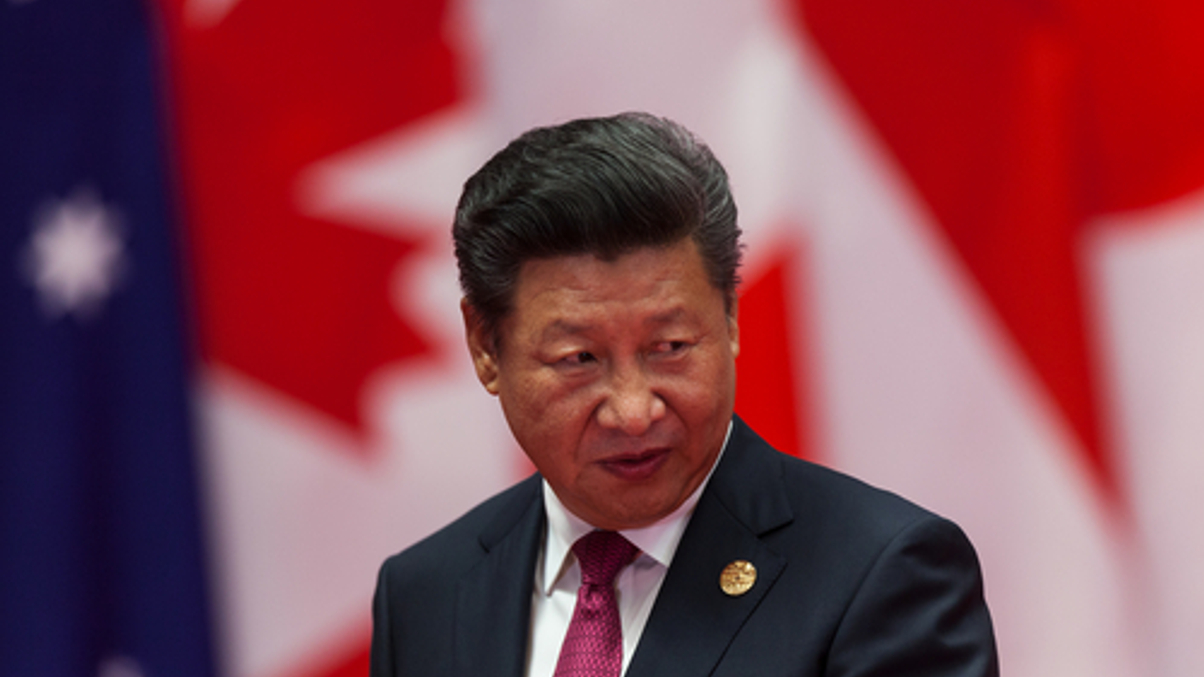Asset owners to retain low China allocations
Institutional investors from Hong Kong, Japan and Thailand say they do not plan to boost their mainland exposure, as another MSCI decision on A-shares looms.

With less than a week before MSCI announces whether it will include A-shares in its emerging-market equity indexes, Asian institutional investors are cautious about Chinese assets, citing concerns about the country’s financial system, such as its high and rising debt levels.
Sign in to read on!
Registered users get 2 free articles in 30 days.
Subscribers have full unlimited access to AsianInvestor
Not signed up? New users get 2 free articles per month, plus a 7-day unlimited free trial.
¬ Haymarket Media Limited. All rights reserved.


